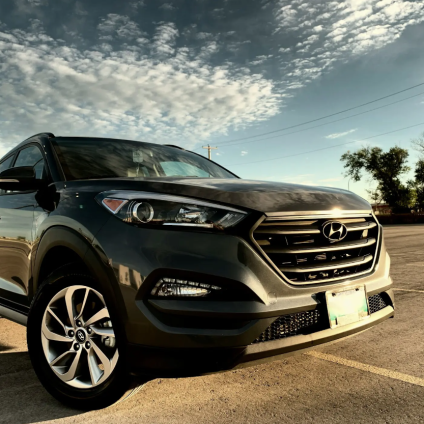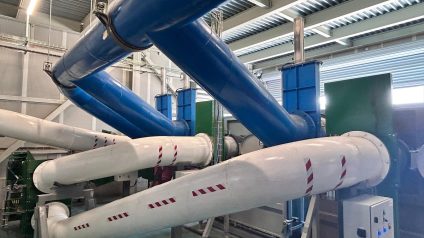A report by the Global Fuel Economy Initiative calculates how the widespread penetration of SUVs, in all major car markets, has slowed the decarbonisation of private road transport. If the cars sold had remained the same size and weight, between 2010 and 2022 emissions would have fallen by 30% more
Higher profit margins behind SUV boom
(sustainabilityenvironment.com) – The spread of SUVs has wiped out a huge share of progress on CO2 cutting made thanks to the electrification of transport. If the average size and weight of private vehicles had not increased due to the proliferation of Sport Utility Vehicles, between 2010 and 2022 global car emissions would have fallen by 30%. This was calculated by the Global Fuel Economy Initiative in a report published on 24 November.
On the one hand, the increasingly widespread penetration of electric cars reduces emissions from private transport. On the other hand, the parallel – and faster – growth of SUVs gnaws at all the benefits of farewell to the endothermic engine. While in 2022 EVs achieved a global market share of 15%, the share occupied by SUVs today stands at 51%. And last year, for the first time, more SUVs were sold in the world than traditional-sized cars. This trend is global and continues to fight against the decarbonization of road transport.
The easy profit behind the failure to decrease car emissions
Despite SUVs, between 2019 and 2022 the specific energy consumption of private vehicles fell in all major car markets, with an average annual improvement rate of 3.2%. Double that observed between 2005 and 2019 (equal to 1.6%). Similar progress has also been made with direct CO2 emissions, which have fallen even faster, at a rate of 2.1% per year between 2005 and 2022. And the average energy intensity dropped, between 2020 and 2022, at an average rate of 4.2% per year.
read also E-fuel emissions, electric fuels can pollute 5 times more than EVs
The shift to larger and heavier vehicles (today, on average, 4.2 m2 and over 1.5 t) has led to “an increase in oil consumption, direct CO2 emissions and vehicle weight, size and power,” the report stresses. “Without the shift to SUVs, the energy consumption per km for combustion engine vehicles could have decreased at an average annual rate 30% higher than in 2010-2022. In the absence of the shift to SUVs, the increase in vehicle weight for these same types could also have been more than halved”.
Behind this trend of penetration of SUVs there is a precise strategy of the automakers. That does not take into account the impacts on car emissions, preferring to prioritize gains. SUVs, in fact, explains the report, represent the “most profitable models for manufacturers, sold at a high price but with proportionally lower production costs, which leads most of them to slow the transition to electric vehicles”.













